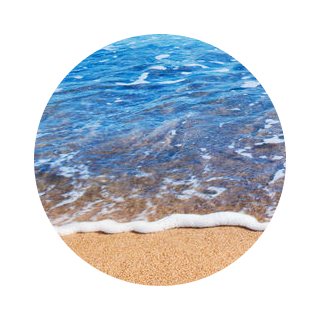
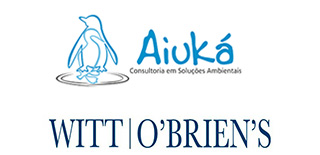
Aiuká was one of the organizations that participated in the preparation of the Environmental Mapping for Response to Emergency at Sea (MAREM), database georeferenced that enables a detailed analysis of the region eventually affected by an oil spill. It’s composed of information generated by Coast Protection and Cleaning Projects and those of Protection to Wildlife.
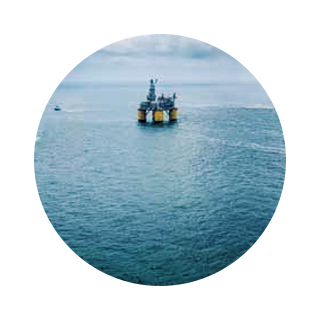
The Wildlife Protection Project was developed by an agreement entered into by and between Aiuká and Witt|O’Briens Brasil, with the participation of national and international specialists, considered as references in topics of biology and Brazilian wildlife conservation.
The National Wildlife Emergency Action Plan impacted by Oil (PAE-Fauna), on the other hand, it´s a result of the partnership between Ibama and Brazilian Institute of Petroleum, Gas and Biofuels (BIP).
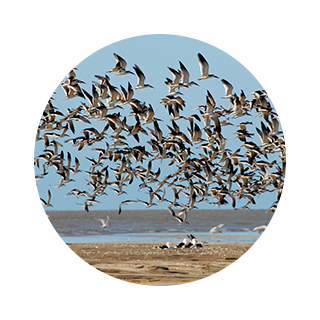
The PAE-Fauna provides guidelines for actions taken by authorities during an environmental emergency and, in addition to MAREM, also consists in Good Practice Manual for the Handling of Wildlife affected by oil and Oiled Wildlife Plan.
Now, the MAREM enables a detailed analysis of the region eventually affected by an oil spill. This database was prepared by methodologies developed specifically for the project, which adopt good practices used internationally.
More projects
Effects on Oil on Wildlife Conference (EOW) is a biannual world meeting about the planning, response, rehabilitation and research about petroleum spills and their impacts on wild animals. It´s the main conference for specialists from all over the world to exchange knowledge, information, to enhance the capacity of response, and to protect wild animal at risk.
 Beside the international organization Bird Rescue, Aiuká was a co-organizer of the 12th conference EOW, held in May of 2015 in Anchorage, in Alasca. Aiuká’s directors, Rodolfo Silva and Valeria Ruoppolo, and the veterinary doctor Ralph Vanstreels participated in the event representing the company, which submitted several works in the Conference, including the Wildlife chapter of the Coast Protection and Cleaning Plan (PPLC Fauna). The work, done in partnership with several authors, was selected to be presented at a plenary meeting opening the Conference, entitled “Sensitivity mapping for oil spill response: a comprehensive framework to identity wildlife at risk along the coast line of Brazil”.
Beside the international organization Bird Rescue, Aiuká was a co-organizer of the 12th conference EOW, held in May of 2015 in Anchorage, in Alasca. Aiuká’s directors, Rodolfo Silva and Valeria Ruoppolo, and the veterinary doctor Ralph Vanstreels participated in the event representing the company, which submitted several works in the Conference, including the Wildlife chapter of the Coast Protection and Cleaning Plan (PPLC Fauna). The work, done in partnership with several authors, was selected to be presented at a plenary meeting opening the Conference, entitled “Sensitivity mapping for oil spill response: a comprehensive framework to identity wildlife at risk along the coast line of Brazil”.
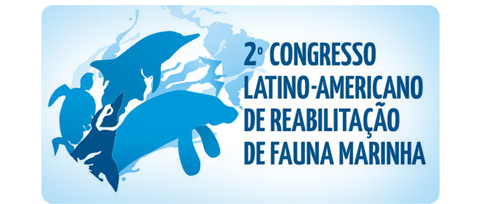
Other venture that should be highlighted was the promotion of the 2nd Latin-American Marine Wildlife Rehabilitation Conference, organized by Aiuká and Marine Animal Recovery Center (in Portuguese: CRAM), of the Federal University of Rio Grande (CRAM-FURG). The event, an international meeting for students and professionals who share a belief in the importance of environmental preservation, counted on the presence of participants from Brazil, Argentina, Chile, Peru, Uruguay and Venezuela.
www.reabilitacaofaunamarinha.com.br